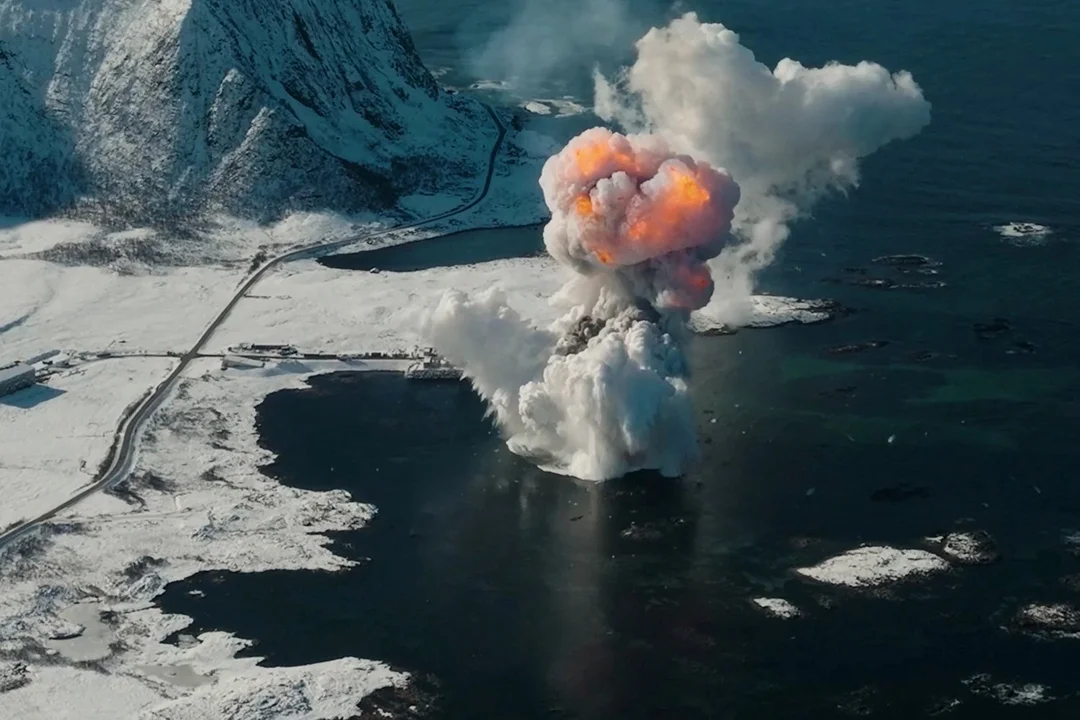
Europe’s Space Race: Can It Catch Up with the US, Russia, and China?
The final frontier is becoming a fiercely contested arena. While the United States, Russia, and China surge ahead, Europe is grappling with significant shortcomings in its space capabilities. This is not merely about exploration; it's about global security, economic stability, and environmental protection. Can Europe overcome these challenges and establish true independence in space?
Despite existing partnerships with the US, like the HERA mission, Europe's space security and sustainability efforts remain fragmented, according to a recent analysis. A unified approach is critical to tackle challenges such as climate change and emerging security threats. "Space security is Earth security," and reliance on satellites for navigation, communication, and disaster response necessitates a more robust and coordinated defense of space assets.

The Cost of Dependence: Europe's reliance on the US for key space enablers is becoming a strategic vulnerability. The failed launch of Isar Aerospace's Spectrum rocket, intended to place small satellites into orbit from Norway, highlights these shortcomings. This failure, though not uncommon for inaugural rocket launches, underscores a deeper issue: Europe's struggle to achieve independent access to space.
Key Deficiencies: Europe lags in critical areas. Space has emerged as a crucial enabler for modern warfare, supporting intelligence, surveillance, and reconnaissance (ISR). Yet, compared to the US, Russia, and China, Europe's military satellite pool is modest. The continent is also heavily reliant on US infrastructure, potentially leaving it vulnerable to coercion.
Missed Opportunities: Unlike the US, where companies like SpaceX enjoy success, European launch systems are technologically outdated, and the ESA's newest rocket, Ariane 6, faced significant delays. The absence of reliable launch capabilities cripples Europe's ability to deploy satellites independently.
Needed Actions: To catch up, Europe must prioritize a coherent space policy, recognizing space as a contested domain. Investments should balance short-term military needs with long-term projects like rockets, satellites, ground stations, and launch sites. These actions may lead to dual-use technologies that will benefit various industries.

Can Europe reclaim its position in the space race? Will increased defense spending translate into tangible advancements in space capabilities? The clock is ticking, and the competition is heating up. Share your thoughts on Europe's space ambitions in the comments below.